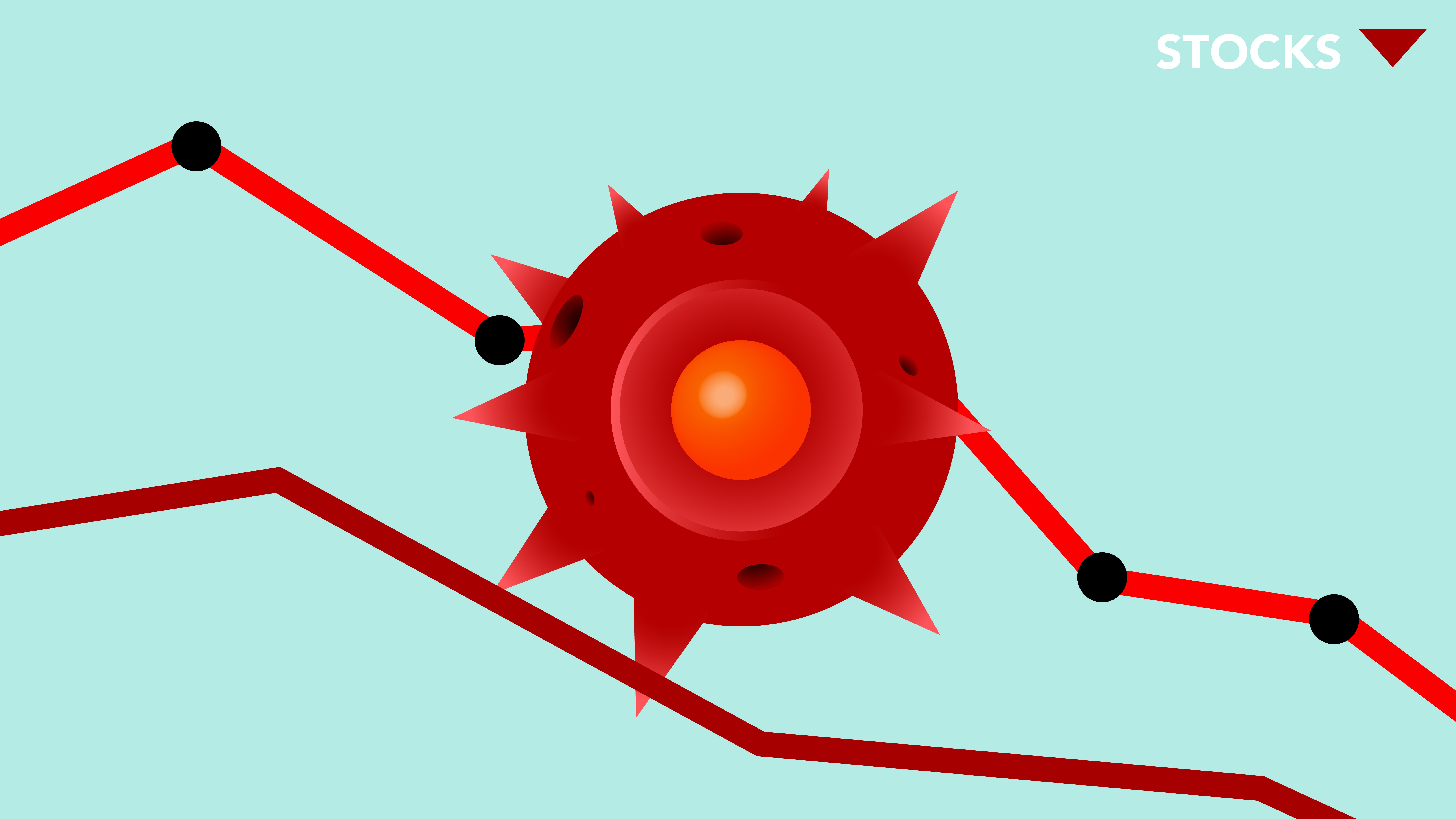When uncertainty strikes the financial markets as interest rates rise, investors search for recession proof stocks. The word in the market is that the US and European economies are heading into recession; mild or severe is yet to be seen. Economists jumped to issue recession warnings as the US Fed increased its interest rate by 50 basis points and the European Union announced a phased ban on Russian oil.
How to Trade in a Recession
There are many strategies to fight a recession like defensive, offensive, and opportunistic. In this article, I will discuss the defensive strategy wherein you invest in stocks that do well in a recession. These defensive stocks offset the weakness of other stocks in your portfolio. For instance, an investment in Suncor Energy stock that jumped 44% year-to-date could partially offset a 52% dip in Lightspeed Commerce stock.
Five Recession Proof Stocks for 2022
Some good defensive stocks are healthcare, consumer staples, and utilities. In this digital age I would also add telecom into the defensive mix. The below five stocks from the above sectors could recession-proof your portfolio while providing consistent dividend income.
Consumer Staples
Consumer staples is a sector that underperforms the market in a growing economy but outperforms in a declining economy. When you have limited cash, you would prioritize staples over discretionary. While inflation could pressurize staples sectors’ margin, it won’t materially impact its turnover.
Walmart Stock
Within this sector, my pick is Walmart for its outreach. In every apocalypse movie, Walmart has a role. Everything from electronics to pharmacy to food is available in a Walmart. It has survived the pandemic, the 2009 financial crisis and other crisis.
There is Costco Wholesale, but Walmart beats it in a crisis. Costco is a membership-based bulk buying store, while Walmart is for everyone. It has stores in urban and rural areas of all 50 states of the United States. It has also grown outside the United States. Walmart stock has a better valuation of 22.6x forward price to earnings (PE) (Costcos – 35x) and a dividend yield of 1.5% (Costco – 072%). The stock has dipped 6.5% in the recent bear market, but it could be the first to recover when a recession hits, as it did in the pandemic dip.
Healthcare – Defensive Strategy
Healthcare is the preferred defensive pick of Wall Street analysts amid economic uncertainty as it is unaffected by economic factors like inflation. What drives stock price is Food and Drug Association approvals and clinical trials. My top healthcare picks are two of the largest US pharma companies; Pfizer and Johnson & Johnson.
Johnson & Johnson
Johnson & Johnson has a diversified portfolio that spans consumer, pharmaceutical, and medical devices. You have several J&J products at home, such as Listerine, Neutrogena, and Benadryl. The company is spinning-off its consumer healthcare segment into a publicly-traded company and renaming its pharma division MedTech. Some of its pharma products like immunology drug Stelara and cancer drugs Darzalex and Erleada saw double-digit revenue growth last year.
J&J is among the stocks first to recover from a market crash as the business is unaffected by inflation or recession. The stock fell 5% in the recent dip. It is trading at a forward PE ratio of 17x and a dividend yield of 2.56%, which makes Walmart’s stock look expensive. But having both stocks will give your portfolio the diversification it needs to fight recession.
Pfizer
Unlike J&J, Pfizer is a pharma company that makes drugs for cancer, cardiovascular, anti-infective, and more. Its first-quarter revenue surged 82% due to strong demand for covid vaccine and covid oral treatment. While Moderna is another beneficiary of the covid vaccine, it is riskier as it has higher exposure to the Covid vaccine. Pfizer has a broader pharma portfolio beyond covid. Moreover, it has more than 90 clinical programs, of which 30 are either awaiting regulatory approval or in late-stage testing.
Pfizer stock has a higher valuation of 7.06x forward PE ratio (Moderna- 5.41x), but a 3.26% dividend yield (Moderna – 0%) makes up for the higher ratio. Pfizer stock has dipped 17% since December 31 and could bounce on new drug approval.
Telecom and Utilities
The next in the line for recession-proof stocks are infrastructure-driven dividend aristocrats. The two names that have a strong dividend yield and dividend growth are Enbridge and BCE.
Enbridge makes money from charging tolls for transmitting oil and gas through pipelines that connect the United States and Canada. As the US releases oil reserves to ease the supply gap from Russian oil sanctions, it will need a backup. Canada is an alternative. However, the existing pipelines are running at full capacity.
Enbridge has as few projects coming online by 2023, which could bring in more cash flow and help it grow dividends at a higher rate than 3%. Enbridge is a recession-proof stock as it is unaffected by oil prices and gives a 6% dividend yield even in a crisis.
BCE is Canada’s largest telecom operator in terms of its outreach to the number of Canadians. The infrastructure and now 5G is growing its subscriber base. The cash flow ain’t going anywhere, recession or no recession. A dividend yield of over 5% and an annual dividend growth of 5% can help you ease the impact of inflation, which stood at 8.5% in April.
Enbridge’s and BCE’s forward PE ratio of 19x and 20.5x is not very attractive, but over 5% dividend yield speaks for itself.
Recession Proof Stocks: Final Takeaway
Consumer staples and utilities stocks are already trading at a high valuation, so they might not be the best value buys. But remember, these stocks have proven resilience against during economic downturns. They might not give you significant growth but can mitigate your downside risk. In an economy heading toward negative growth (recession), stocks that can remain stable or grow even single digit can be a good investment.









